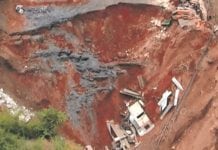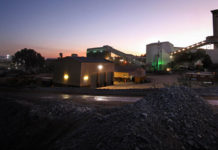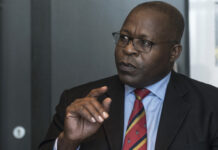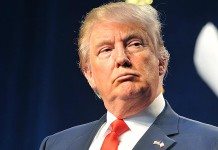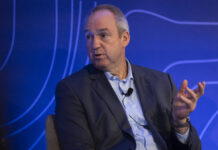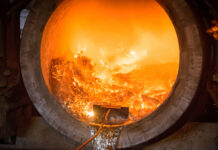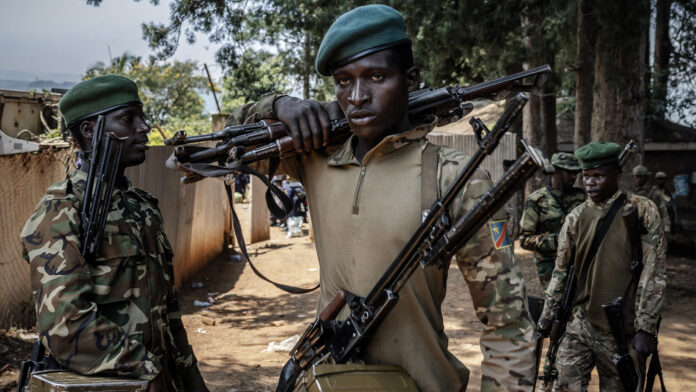
RWANDA and the Democratic Republic of Congo have established preliminary terms for a regional economic partnership, addressing Kinshasa’s longstanding concerns about the exploitation of its mineral resources, said Reuters in a report on August 2.
The framework, announced by the US State Department on Friday, encompasses collaboration across energy, infrastructure, mineral supply chains, conservation areas and healthcare, the newswire said.
It builds upon a peace accord brokered by President Trump’s administration in Washington during June, designed to halt violence that has claimed thousands of lives whilst opening the region’s valuable mineral deposits to Western investment.
The mineral-rich territory contains significant deposits of tantalum, gold, cobalt, copper and lithium—resources that have fuelled decades of conflict.
Crucially, both nations confirmed their “full, sovereign control” over natural resource extraction, processing and export, whilst acknowledging the need to develop domestic transformation capabilities, said Reuters.
Kinshasa has consistently identified the pillaging of its mineral wealth as fundamental to ongoing hostilities between government forces and M23 rebels, who receive backing from Rwanda. Previous reporting indicated that Congolese tungsten, tantalum and tin—materials Rwanda has allegedly exploited illegally—could gain legitimate export status to Rwanda for processing under American-mediated negotiations.
Both governments committed to preventing mineral trade from financing armed groups and establishing world-class industrial mining operations. Infrastructure connections to the US-supported Lobito Corridor feature prominently, reflecting Washington’s strategic resource access goals and efforts to challenge Chinese influence.
Specific initiatives include the Ruzizi III hydropower scheme and sustainable Lake Kivu methane development. However, security commitments from June remain unfulfilled, including planned Rwandan troop withdrawals and joint coordination mechanisms, though meetings are scheduled for Addis Ababa on August 7, said Reuters in its report.


